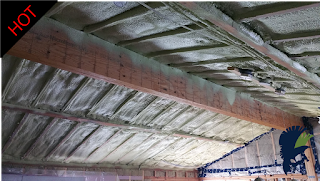You've discovered that wall you want removed is load-bearing. At least we're going to assume that through consulting various sources you think that it is.
There's only one professional that is now allowed(at least in my area) to provide a solution for doing this despite general contractors, some carpenters and some knowledgeable DIYers that can tell if a wall is load-bearing and maybe offer a good way of safely removing the walls and replacing them with some other structural means.
That professional is a structural engineer.
They cost a lot and it's by the hour. It's going to depend on too many variables to get a rough estimate but $1200 or more is likely. I've had some clients though that chose to hire me and I saved them a ton of money because I know stuff that I can tell a drafter and save on engineering costs in multiple ways. Not only that, after they've worked with me, they end up changing their minds and getting something more that they want and better value on occasion.
Now, since it's just one wall you might want to hire that engineer and then get your pricing for the execution part later. That's just a time saver but really, on bigger jobs or if you are doing lots of work then really, you should just call a general renovations contractor and they can tell you what is practical and start budgeting!
If you found this helpful, please leave a comment, share or like, thanks!
Cheers!
There's only one professional that is now allowed(at least in my area) to provide a solution for doing this despite general contractors, some carpenters and some knowledgeable DIYers that can tell if a wall is load-bearing and maybe offer a good way of safely removing the walls and replacing them with some other structural means.
That professional is a structural engineer.
They cost a lot and it's by the hour. It's going to depend on too many variables to get a rough estimate but $1200 or more is likely. I've had some clients though that chose to hire me and I saved them a ton of money because I know stuff that I can tell a drafter and save on engineering costs in multiple ways. Not only that, after they've worked with me, they end up changing their minds and getting something more that they want and better value on occasion.
Now, since it's just one wall you might want to hire that engineer and then get your pricing for the execution part later. That's just a time saver but really, on bigger jobs or if you are doing lots of work then really, you should just call a general renovations contractor and they can tell you what is practical and start budgeting!
If you found this helpful, please leave a comment, share or like, thanks!
Cheers!


















